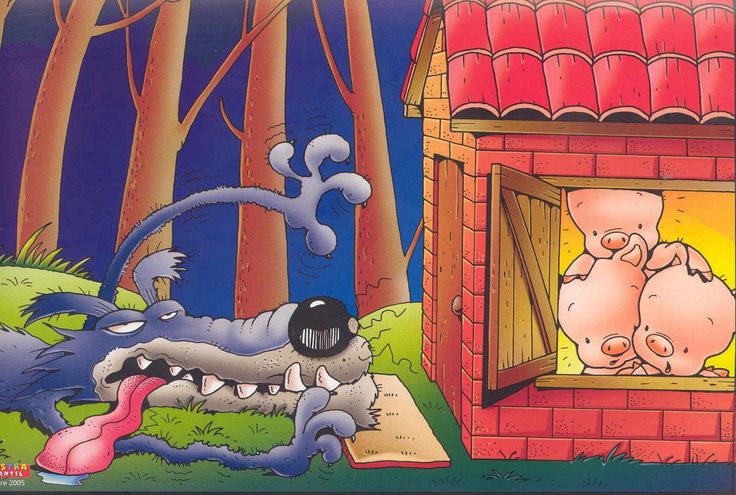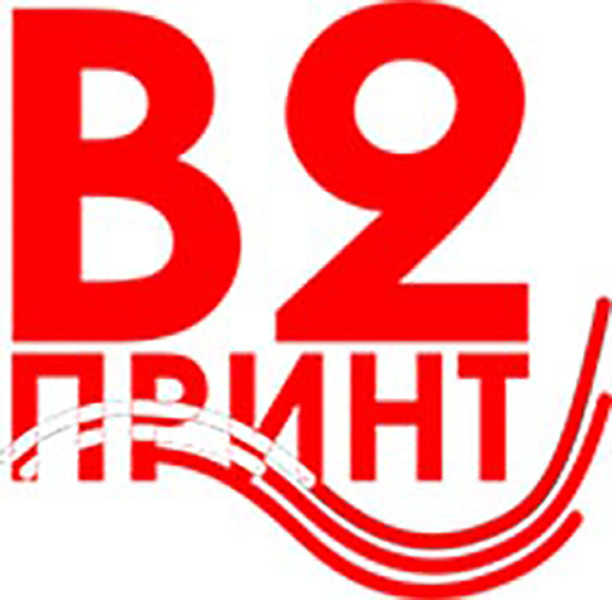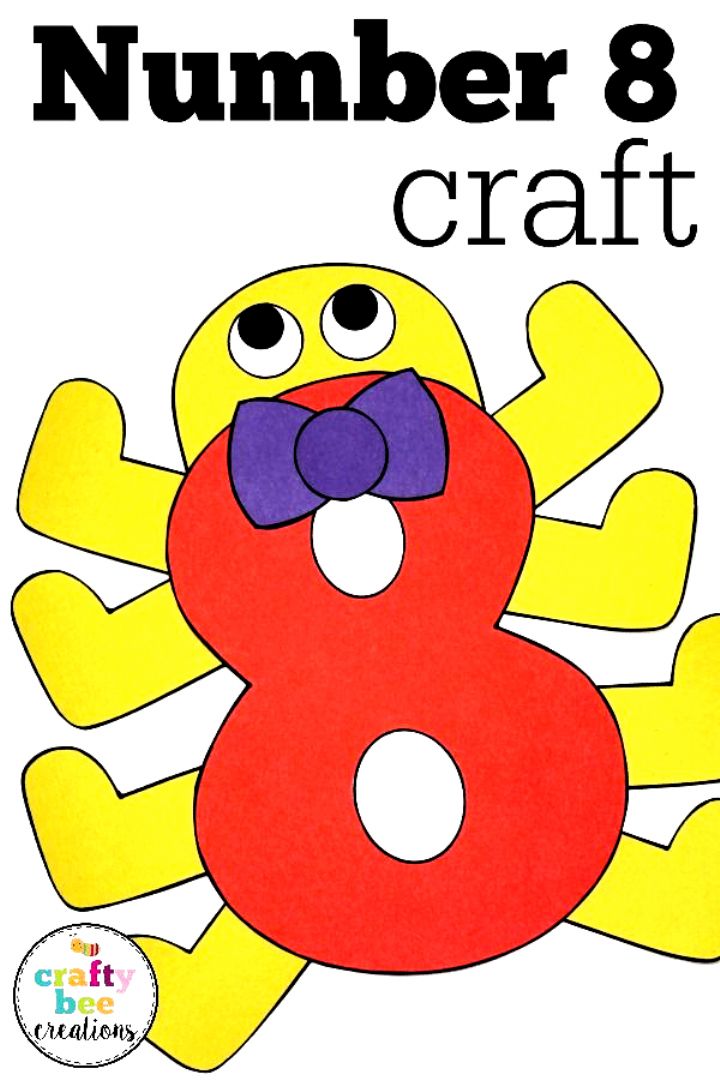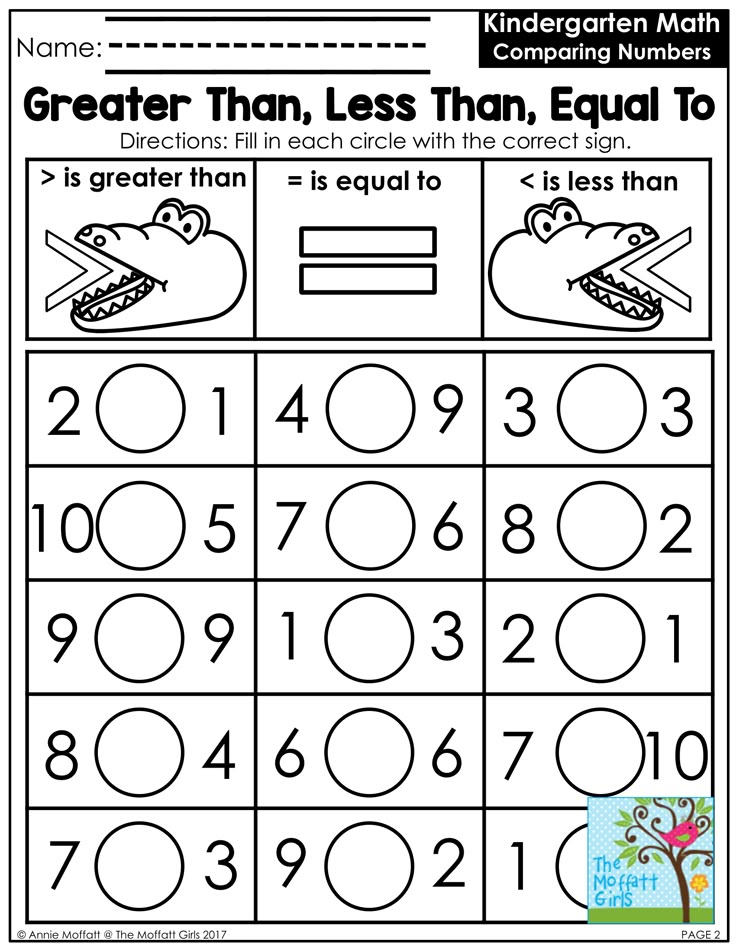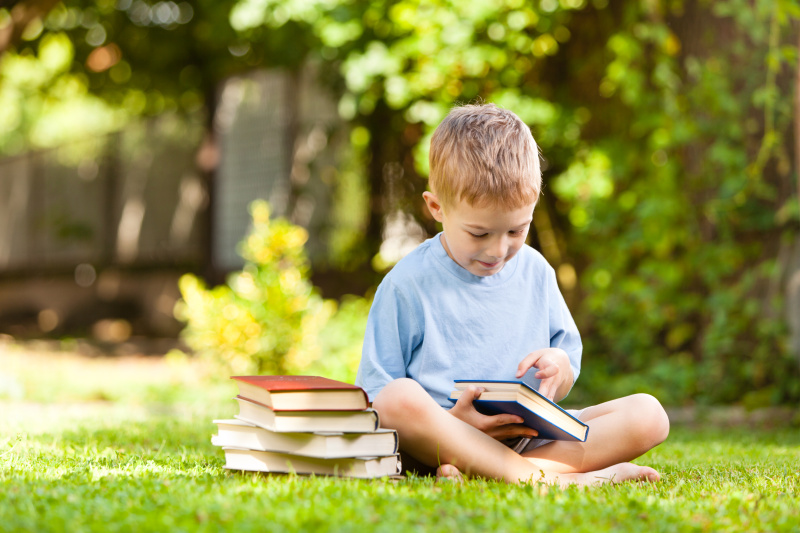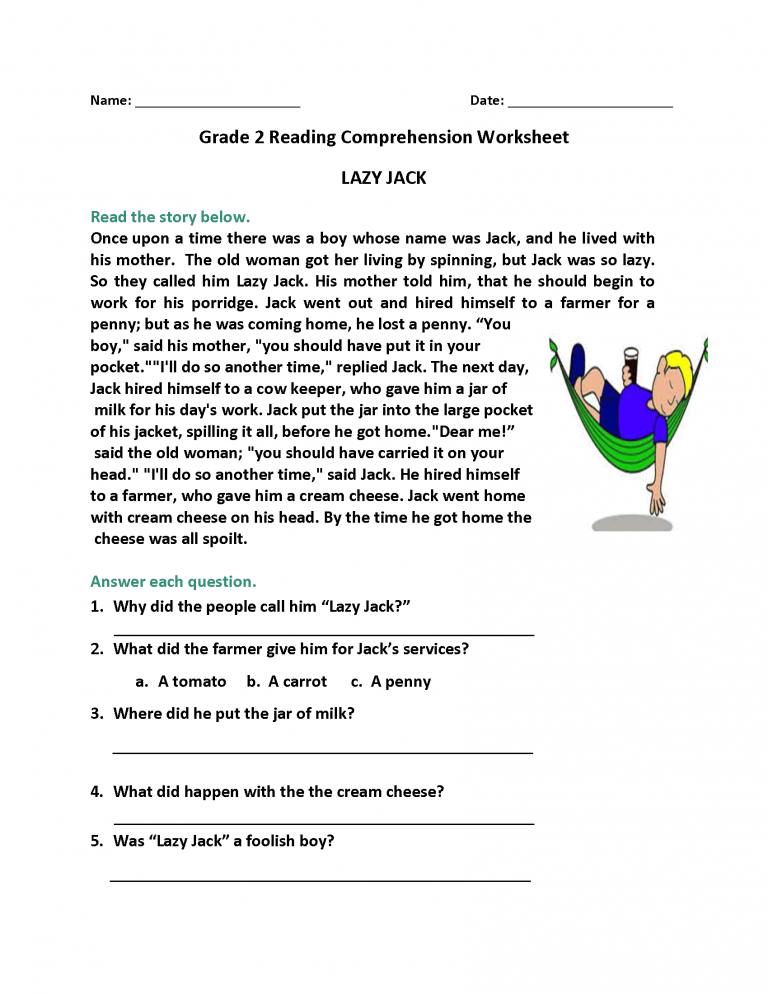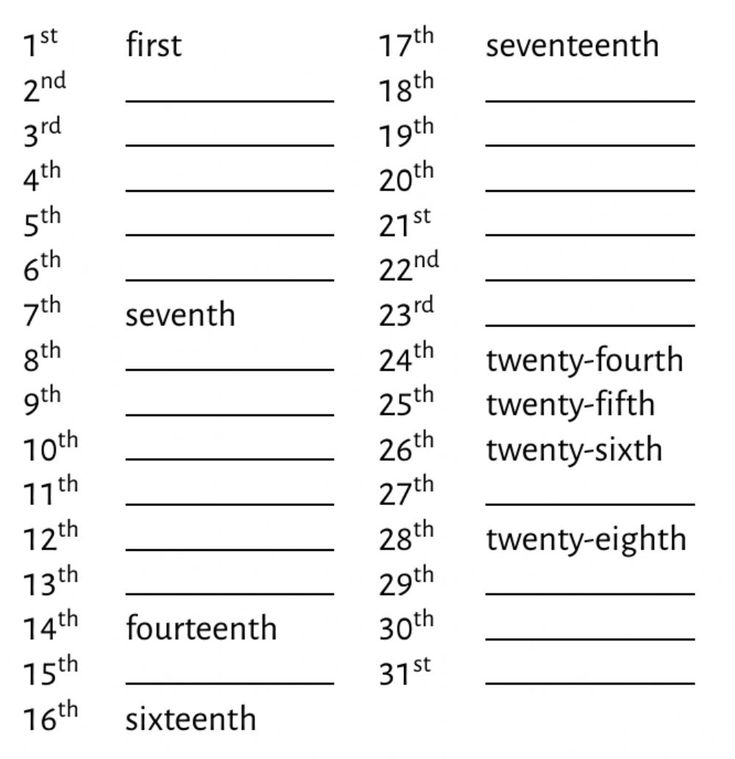Young rhyming words
230 best rhymes for 'young'
1 syllable
- Tongue
- Hung
- Kung
- Lung
- Sprung
- Strung
- Sung
- Stung
- Swung
- Gun
- Done
- Fun
- Son
- Been
- None
- An
- One
- Un
- Ton
- Run
- Rung
- Pun
- Dung
- Flung
- Slung
- Clung
- Junge
- Chung
- Ung
- Hun
- Spun
- Bun
- I'm
- Bum
- From
- Some
- Them
- Come
- Dumb
- Mum
- Drum
- Um
- Numb
2 syllables
- Among
- Foreign
- Listen
- Someone
- Open
- Reason
- Gettin'
- Broken
- Person
- Heaven
- Women
- Vision
- Talkin
- Happen
- Human
- Million
- Begun
- Given
- Question
- Stolen
- Written
- Taken
- Smokin'
- Lesson
- Prison
- Children
- Seven
- Thousand
- C1
- Golden
- Satan
- Woman
- Couldn't
- M1
- Demon
- Often
- Kitchen
- Sittin'
- Garden
- Common
- Chicken
- Jackson
- Hidden
- Actin
- Certain
- Weapon
- Doesn't
- Justin
- Billion
- Frozen
- Fortune
- Season
- Lion
- Dragon
- Mountain
- Poison
- Chosen
- Workin'
- Fallen
- Villain
- Pardon
- Jordan
- Captain
- Spoken
- Leavin'
- Button
- Gotten
- Ruin
- Movin'
- Jason
- Beaten
- Haven't
- Cousin
- Rotten
- Driven
- Christian
- Asian
- Sudden
- Version
- Martin
- Ion
- Lebron
- Shotgun
- Risen
- Semen
- Unsung
- Samsung
- Engine
- Bacon
- Tyson
- Oven
- Burden
- Lyin'
- Zedong
- Eaten
- Robin
- Drivin'
- Cannon
- Compton
- Treason
- Veteran
- Lemon
- Cotton
- Fountain
- Curtain
- Proven
- Reckon
- Rhymin'
- Titan
- Stephen
- Urban
- London
- Become
- Problem
- Bottom
- System
- Freedom
- Rhythm
- Victim
- Venom
- Kingdom
- Album
- Awesome
- Random
- Welcome
- Wisdom
- Threaten
- Shaken
- Houston
- Winnin'
- Wesson
- Spinnin'
- Condom
- Dyin'
- Adam
- Glisten
- Brooklyn
- Token
- Dungeon
- Shakin'
- Causin'
- Patron
3 syllables
- Everyone
- Anyone
- Superman
- Illusion
- Imagine
- Opinion
- Religion
- Precision
- Decision
- Forgotten
- Eleven
- Medicine
- Alien
- Confusion
- Assassin
- Mistaken
- Oxygen
- Heroin
- African
- Champion
- Envision
- Intention
- Mexican
- Division
- Forbidden
- Explosion
- Forsaken
- Conclusion
- Indian
- Awaken
- Collision
- Eminem
- Platinum
- Forgiven
- Minimum
- Horizon
- Enlighten
- Overcome
- Invasion
- Gentleman
4 syllables
- Tv
- American
- Adrenaline
- Television
- Lyricism
Want to find rhymes for another word? Try our amazing rhyming dictionary.
If you write lyrics you should definitely check out RapPad. It has tons of useful features for songwriters, lyricists, and rappers.
Near rhymes with youngB-Rhymes | B-Rhymes
| Word | Pronunciation | Score ? | ||
|---|---|---|---|---|
| 1 | swung | s_wang | 2361 | Definition |
| 2 | won | wan | 2266 | Definition |
| 3 | once | wan_s | 2266 | Definition |
| 4 | one | wan | 2266 | Definition |
| 5 | swum | s_wam | 2266 | Definition |
| 6 | ones | wan_z | 2266 | Definition |
| 7 | disjunct | disjang_k_t | 2225 | Definition |
| 8 | conjunct | kuhnjang_k_t | 2225 | Definition |
| 9 | junk | jang_k | 2225 | Definition |
| 10 | injunct | injang_k_t | 2225 | Definition |
| 11 | skunk | s_kang_k | 2200 | Definition |
| 12 | punk | pang_k | 2200 | Definition |
| 13 | pung | pang | 2200 | Definition |
| 14 | plunk | p_lang_k | 2200 | Definition |
| 15 | overstrung | uh_uuvuhrs_t_rang | 2200 | Definition |
| 16 | slung | s_lang | 2200 | Definition |
| 17 | slunk | s_lang_k | 2200 | Definition |
| 18 | tung | tang | 2200 | Definition |
| 19 | trunk | t_rang_k | 2200 | Definition |
| 20 | tongue | tang | 2200 | Definition |
| 21 | sunk | sang_k | 2200 | Definition |
| 22 | sung | sang | 2200 | Definition |
| 23 | stunk | s_tang_k | 2200 | Definition |
| 24 | strung | s_t_rang | 2200 | Definition |
| 25 | spunk | s_pang_k | 2200 | Definition |
| 26 | sprung | s_p_rang | 2200 | Definition |
| 27 | unstrung | ans_t_rang | 2200 | Definition |
| 28 | hung | hang | 2200 | Definition |
| 29 | defunct | difang_k_t | 2200 | Definition |
| 30 | funked | fang_k_t | 2200 | Definition |
| 31 | stung | s_tang | 2200 | Definition |
| 32 | funk | fang_k | 2200 | Definition |
| 33 | flunk | f_lang_k | 2200 | Definition |
| 34 | flung | f_lang | 2200 | Definition |
| 35 | hunk | hang_k | 2200 | Definition |
| 36 | hunks | hang_k_s | 2200 | Definition |
| 37 | clung | k_lang | 2200 | Definition |
| 38 | dunc | dang_k | 2163 | Definition |
| 39 | gunk | gang_k | 2163 | Definition |
| 40 | chunk | chang_k | 2163 | Definition |
| 41 | debunk | dibang_k | 2163 | Definition |
| 42 | rung | rang | 2163 | Definition |
| 43 | bunk | bang_k | 2163 | Definition |
| 44 | shrunk | sh_rang_k | 2163 | Definition |
| 45 | drunk | d_rang_k | 2163 | Definition |
| 46 | dunk | dang_k | 2163 | Definition |
| 47 | dung | dang | 2163 | Definition |
| 48 | mung | mang | 2163 | Definition |
| 49 | lungs | lang_z | 2163 | Definition |
| 50 | among | uhmang | 2163 | Definition |
| 51 | amongst | uhmang_s_t | 2163 | Definition |
| 52 | lung | lang | 2163 | Definition |
| 53 | bung | bang | 2163 | Definition |
| 54 | monk | mang_k | 2163 | Definition |
| 55 | liang | l_yarng | 2134 | Definition |
| 56 | jump | jam_p | 2131 | Definition |
| 57 | thrum | th_ram | 2105 | Definition |
| 58 | stun | s_tan | 2105 | Definition |
| 59 | stunt | s_tan_t | 2105 | Definition |
| 60 | succumb | suhkam | 2105 | Definition |
| 61 | stump | s_tam_p | 2105 | Definition |
| 62 | sump | sam_p | 2105 | Definition |
| 63 | ton | tan | 2105 | Definition |
| 64 | sun | san | 2105 | Definition |
| 65 | trump | t_ram_p | 2105 | Definition |
| 66 | tum | tam | 2105 | Definition |
| 67 | tun | tan | 2105 | Definition |
| 68 | tonne | tan | 2105 | Definition |
| 69 | unplumbed | anp_lam_d | 2105 | Definition |
| 70 | thumb | tham | 2105 | Definition |
| 71 | thump | tham_p | 2105 | Definition |
| 72 | sum | sam | 2105 | Definition |
| 73 | strum | s_t_ram | 2105 | Definition |
| 74 | pun | pan | 2105 | Definition |
| 75 | pump | pam_p | 2105 | Definition |
| 76 | hum | ham | 2105 | Definition |
| 77 | plunge | p_lan_j | 2105 | Definition |
| 78 | plump | p_lam_p | 2105 | Definition |
| 79 | plumb | p_lam | 2105 | Definition |
| 80 | plum | p_lam | 2105 | Definition |
| 81 | hump | ham_p | 2105 | Definition |
| 82 | overcome | uh_uuvuhrkam | 2105 | Definition |
| 83 | humph | ham_f | 2105 | Definition |
| 84 | hunch | han_ch | 2105 | Definition |
| 85 | punch | pan_ch | 2105 | Definition |
| 86 | hon | han | 2105 | Definition |
| 87 | punt | pan_t | 2105 | Definition |
| 88 | spun | s_pan | 2105 | Definition |
| 89 | sponge | s_pan_j | 2105 | Definition |
| 90 | son | san | 2105 | Definition |
| 91 | some | sam | 2105 | Definition |
| 92 | rotund | ruh_uutan_d | 2105 | Definition |
| 93 | slump | s_lam_p | 2105 | Definition |
| 94 | slum | s_lam | 2105 | Definition |
| 95 | scum | s_kam | 2105 | Definition |
| 96 | scrunch | s_k_ran_ch | 2105 | Definition |
| 97 | riverfront | rivuhrf_ran_t | 2105 | Definition |
| 98 | refund | rifan_d | 2105 | Definition |
| 99 | hunt | han_t | 2105 | Definition |
What is B-Rhymes?
B-Rhymes is a rhyming dictionary that's not stuck up about what does and doesn't rhyme.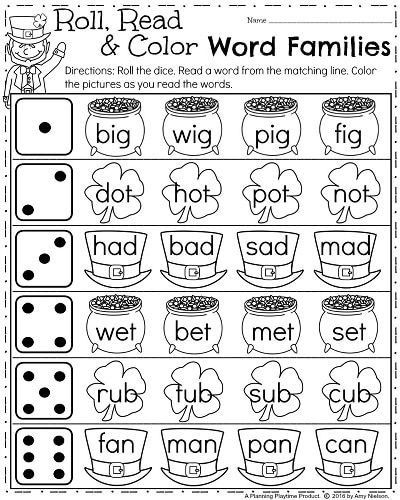 As well as regular rhymes, it gives you words that sound good together even though they don't technically rhyme.
As well as regular rhymes, it gives you words that sound good together even though they don't technically rhyme.
15 words with the correct pronunciation - Teacher's newspaper
Let's rhyme and remember! The amazing Russian language is full of mysteries and peculiarities. Emphasis is placed either at the beginning or at the end. How to understand and not get confused in certain words? We continue a series of publications under the heading "Literacy", dedicated to the purity of our speech. We offer easy-to-remember rhymes that will help you learn and pronounce the words once and for all.
Photo: pexels.com When a person speaks beautifully, and his speech is coherent and clear, it involuntarily arouses respect and admiration. Information is perceived easily, you want to listen to such a speaker. In order for speech to be smooth and beautiful, classes are required, sometimes these are years of work on oneself and constant study of the native language.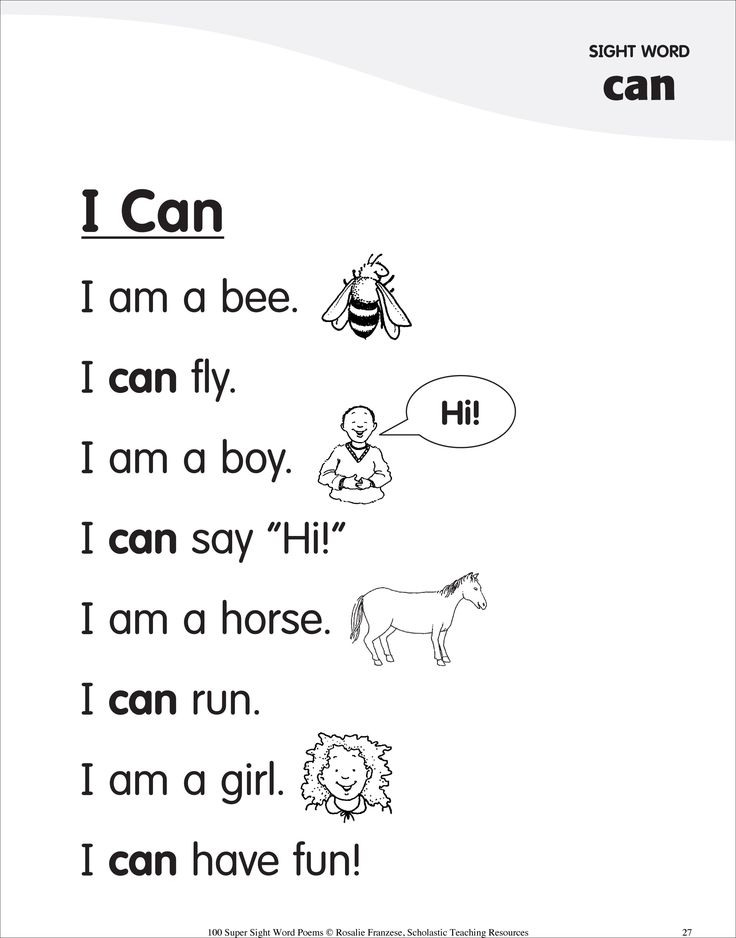 After all, you can learn the Russian language all your life and at the same time learn something new every time.
After all, you can learn the Russian language all your life and at the same time learn something new every time.
It is important to correctly stress words. If we turn to Russian dictionaries, then everything immediately falls into place. To memorize, you need to come up with simple rhyming variations for yourself that even a child can remember.
Nettle
Nettle is a genus of flowering plants of the nettle family, characterized by pungency. Noun. In different regions, they often mistakenly put stress on the last syllable in colloquial speech.
"Memory":
Nettle grows beautifully in the forest.
Contract
Contract – a written or oral agreement. Noun. Many people get confused and mistakenly stress the first syllable.
"Memory":
The contract was violated by a thief.
Cakes
Cakes are round-shaped confectionery. Mn. number, in units including a cake. Noun. There are no questions with the word “cake”, but in the plural there is often confusion when you want to put the emphasis on the last syllable.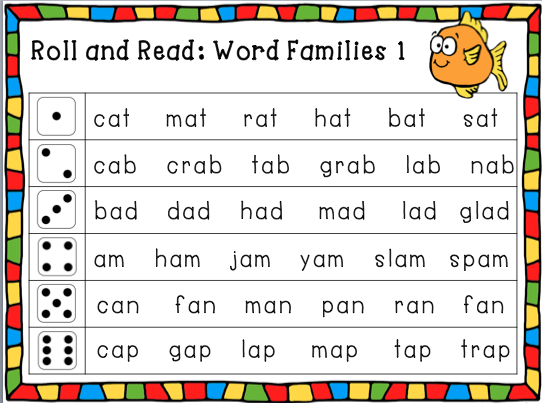
"Memory":
Come to the resorts to taste the cakes.
Beetroot
Beetroot is a vegetable, fodder and industrial plant of the fam. haze. Noun. The word "beetroot" has an aristocratic origin. This word was found in the ancient Greek language - seukla - beets. After the letter "ё" was officially introduced into school textbooks in Russia, the stress began to be placed on the first syllable and the spelling became strictly "beet", and nothing else.
"Memory":
Ruddy Fyokla was planting beets in the garden.
Covid
Covid is an acute infection (from the English CoronaVIrus). Noun. New realities give birth to new words that are included in everyday use - and they have their own pronunciation features.
"Memory":
Covid is a terrible parasite!
Yoghurt
Yoghurt is a fermented milk product with a high solids content. Noun. In colloquial speech, there are two variants of the pronunciation of this word: where the stress falls on the vowel "o" of the first syllable and where the stress falls on the vowel "y" of the second syllable.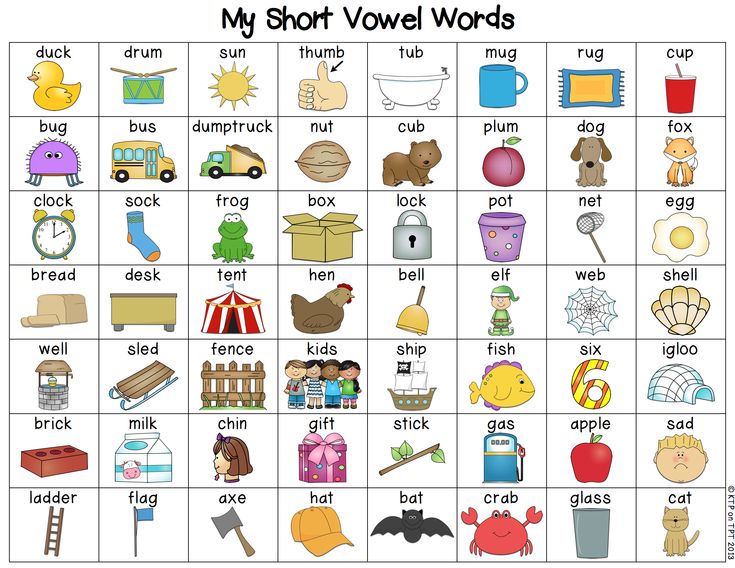 However, according to the literary norm of the Russian language, the stress in the word "yogurt" should be placed on the first syllable. But in disputes and conversations, you can always counter with the possibility of an unusual pronunciation.
However, according to the literary norm of the Russian language, the stress in the word "yogurt" should be placed on the first syllable. But in disputes and conversations, you can always counter with the possibility of an unusual pronunciation.
"Memory":
Yoghurt and yogurt will sing, heal together together.
Ticklish
Ticklish - about the sensation caused by tickling. Adverb. There are many variations of this word in different regions. However, the orthoepic norm is with an emphasis on the second syllable.
"Memory":
I tickle the puppy's coat.
Shell
Shell is a hard protective covering of some invertebrates. Noun. Many prefer the older form of the word with the stress on the first syllable. But 150 years have passed since the outdated form. Today, the stress is on the second syllable.
"Memory":
A shell sings in the cat's ear.
Scarves
Scarves - a fabric or knitted product in the form of a long strip, worn around the neck, head or shoulders.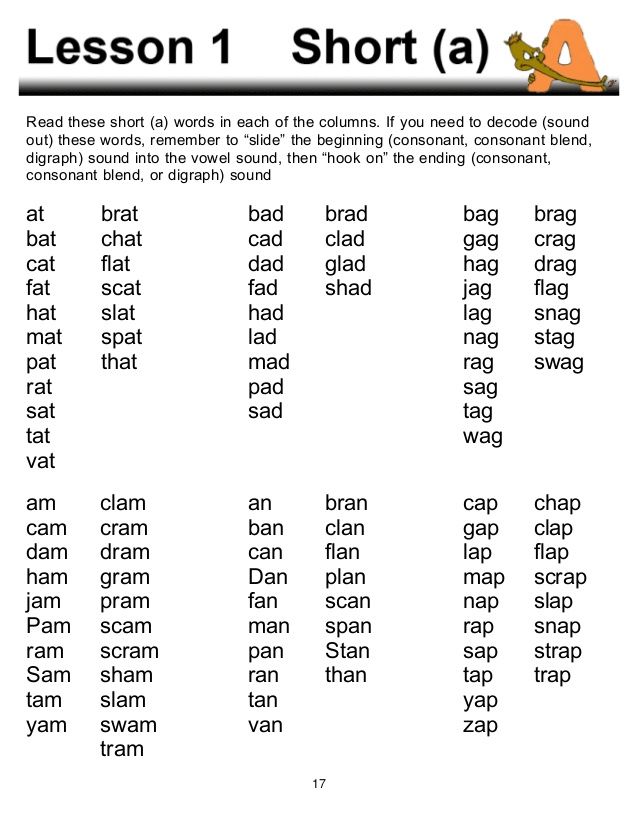 Scarf - unit. number. Noun. When we talk about the plural, one wants to put the stress on the last syllable, only dictionaries and literary language dictate to us on the first!
Scarf - unit. number. Noun. When we talk about the plural, one wants to put the stress on the last syllable, only dictionaries and literary language dictate to us on the first!
"Memorial":
There were lampshades in the hall, Shura was sitting in scarves.
Lighten
Lighten is a perfect verb that is usually used in the sense of "to reduce the weight of something." Also, the word has a second figurative meaning - to simplify (make less complicated).
"Memory":
To make learning easier, you need to learn the rules!
Envy
Envy – used to denote feelings of envy. Adverb.
"Memory":
You eat jam, but I'm envious.
Masterski
Masterski - derived from the adjective "masterful", means "skillfully", "perfectly", "exemplary". Adverb.
"Memory":
Masterfully shaved whiskey.
Quarter
Quarter - a part of the city, bounded by several intersecting streets, also has a second meaning - a quarter of a year, a period of three months.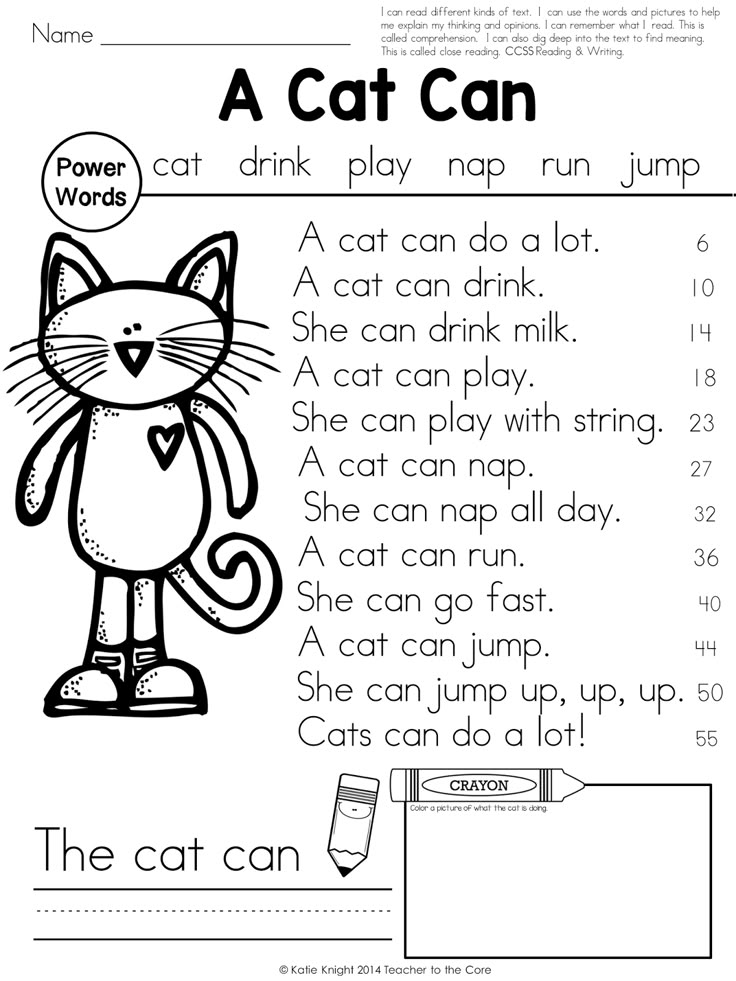 Noun. It so happened that this word is often used by accountants with an emphasis on the first syllable. But it is correct to put emphasis on the second.
Noun. It so happened that this word is often used by accountants with an emphasis on the first syllable. But it is correct to put emphasis on the second.
"Memory":
Our entire sleepy quarter ran after the bus.
Hyphen
A hyphen is a short connecting line between two words. Noun.
"Memory":
Denis put a hyphen.
Reflection
Reflection is the ability to consciously pay attention to one's thoughts and behavior, evaluate decisions and perspectives. The word comes from the Latin word "reflectio" - "reflection". Noun.
"Memory":
There was a reflection in Valencia.
We hope that our simple tips will help you quickly deal with stress and remember the correct pronunciation of words. Subscribe to the network publication "Teacher's Newspaper", write questions, comments and suggestions on publications. Soon there will be new materials on the topic of the purity of our speech at " Literate "!
Earlier in the network publication "Uchitelskaya Gazeta" we talked about "Top 15 stresses that even literate people put incorrectly" and what rhymes will help you remember and correctly place stresses in the words airports, asymmetry and symmetry, accountant , boutique, accountant, gross, etc.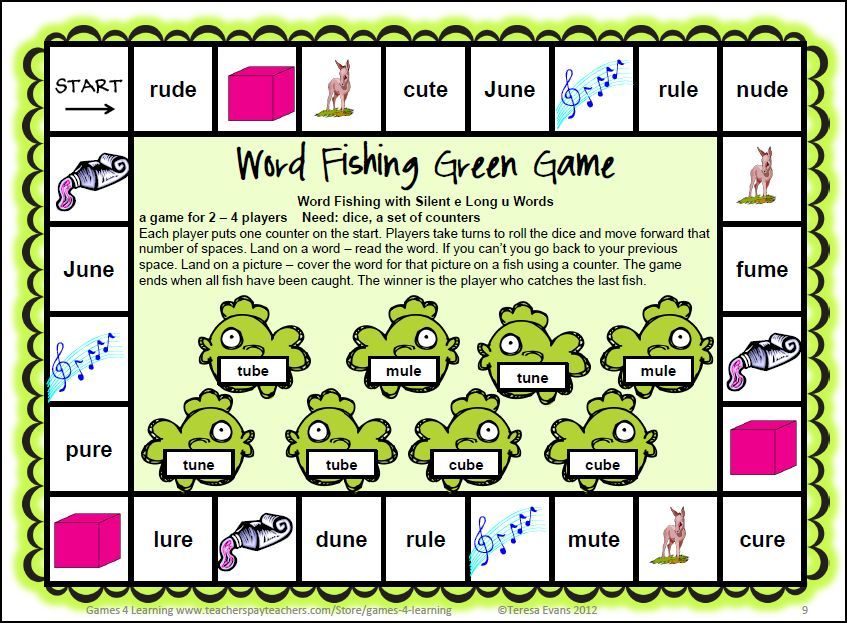
Also in the online publication "Uchitelskaya Gazeta" we introduced readers to the "Top 5 pairs of words, the meanings of which are often confused and misused." The correct use of words in speech depends on understanding their meaning. Often it turns out - the word is beautiful, but applied out of place. Among such pairs: activate-activate, beaver-beaver, everyday-everyday, pitiful-pitiful, etc.
Rhyme // Varlam Shalamov
Back | Content | Forward
The best rhyme in Pushkin's time was the combination of two nouns. Pushkin was the Russian Adam, as Lunacharsky put it. Poetry at the beginning of Pushkin's activity resembled the situation in modern science, when discoveries are literally waiting for you at every corner, guarded at every step. Something similar happened with the Russian word when Pushkin took up his pen.
What is "discovery"? It means to draw general attention to something that existed before, to something that no one noticed before.
Let's return to Pushkin's rhyme. Rhyming an adjective with an adjective, a noun with a noun, a verb with a verb, Pushkin followed untraveled roads.
Marshak believes that it is better to rhyme a verb and a noun, that such rhyming, as it were, links together different parts of Russian speech.
It seems to me that thought does not decide anything in the essence of rhyme. Its sound content says that the best rhyme is an adverb and a noun.
Shklovsky is afraid that there won't be enough rhymes. Rhyme is enough. “Blood is love” can be rhymed for many more years. The sound support will remain.
Rhymes are masculine and feminine, dactylic and hyperdactylic, exact and inexact.
In textbooks, rhyme is called a sound repetition at the end of a line, coinciding with the final pause. All this is so.
But why does a verse need to rhyme?
We are answered: for euphony, to emphasize the rhythmic-musical beginning of poetry, and also so that verses are easier to remember, better to remember.
Is it just for this?
Since childhood, it seemed to me that words have a form, coloring. The form depends on vowels, on vowels. In fact, the size of a word depends on the number of syllables determined by vowels - this is true for a first grade student. But form and size are not the same thing. The word "poplar" is clearly different in form from the word "now", although both are of the same size and almost the same color. The color of the word depends on the consonant sounds and is determined by them. Sound repetition can be built on vowels - this is a strengthening in the memory of the form of a word or something else is always present in the poems of a great poet. This is an element of creativity. The pinnacle of Russian poetry, Pushkin's "The Bronze Horseman" is an unsurpassed example of this kind. Pushkin knew everything in poetry.
Love you Petra creation,
I love your strict, slim look,
Neva sovereign current,
Its coastal granite.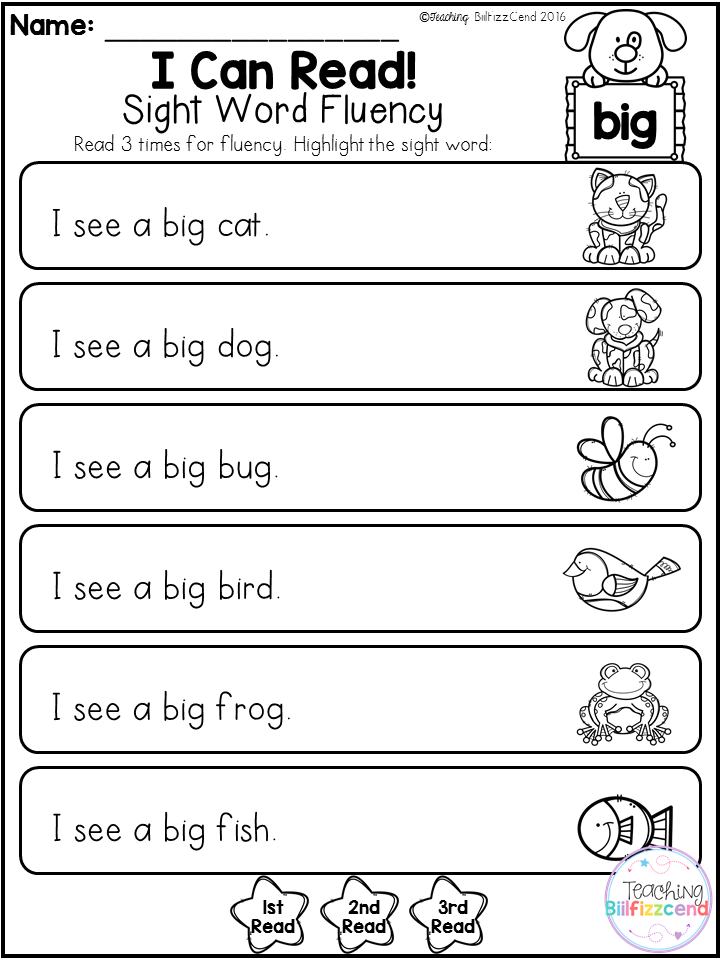
The notorious "root rhymes" (strict - harmonious) are placed, as it should be a sound repetition of this kind, inside the line. Sound coloring (variations of consonant letters) is perfect.
Pushkin's rhyme (verbs with verbs, nouns with nouns) outlines the linguistic boundaries of Russian poetry, outlines its boundaries. The poets of Pushkin's and post-Pushkin's times follow this rhyme. Time shows the need for some amendments to Pushkin's canons of rhyme, namely, a greater sound correspondence of rhyming words - in their literary, i.e. Moscow pronunciation. This work is being done by Alexei Konstantinovich Tolstoy. He, like Chekhov, does not have critical articles, but there are numerous letters where a new theory of rhyme is substantiated.
Classical Russian rhyme, full rhyme, is used by all our great poets - Pushkin, Lermontov, Tyutchev, Baratynsky, Nekrasov, Blok, Tsvetaeva, Mandelstam, Tvardovsky. Pasternak, Mayakovsky and Yesenin will be discussed in due course.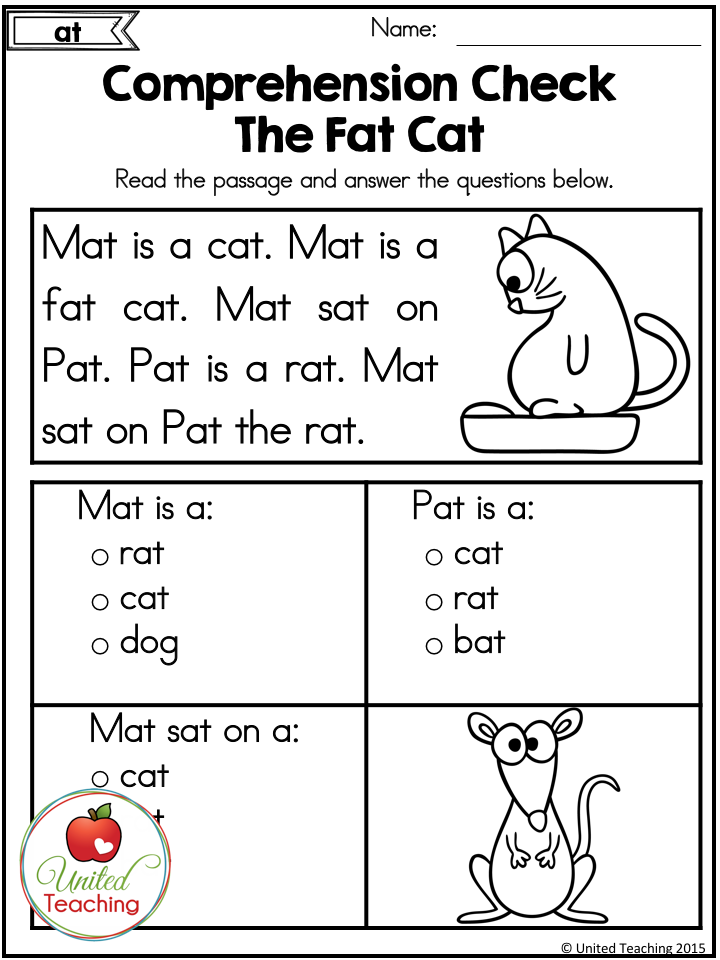
The possibilities of Russian rhyme are inexhaustible, and it is a thankless task to take on the destruction of the "local word". Modern Russian rhyme is a bond, a combination of various parts of speech, it is a constructive element of the language in the struggle against idle talk, with verbal sloppiness for laconicism, for the accuracy of poetic speech. "Noun - verb", "participle - verb", "adjective - noun", "adverb - verb", "adverb - noun" - all these are the combination of language elements in Russian versification.
Insufficiently literate young poets, discoverers of the long-discovered Americas, inspired by poorly literate critics, spend time, both their own and the reader's, glorifying lifeless literary forms, for the sake of innovation at all costs. What is offered (a root rhyme or typographical dots instead of words by Sapgir) is false innovation, the reason for this is either ignorance, or literary adventurism. "Root rhyme" - an ordinary sound coloring of a word (kind - long), appropriate in the middle of a word.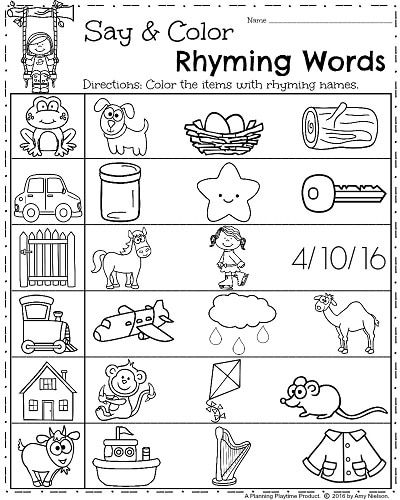 As a "word of mouth" it is negligence, slovenliness, sound lameness ...
As a "word of mouth" it is negligence, slovenliness, sound lameness ...
As for Sapgir's "poetry", the leader of the "nichevoks" of the 1920s, now living Alexei Nikolayevich Chicherin, could tell something about this kind of "poetry".
It is quite characteristic that young poets and poetesses concentrated their efforts on the destruction of rhyme, posing as innovators and seekers of the simplest element of a line and stanza. Their quest does not concern more complex issues - intonation, metaphor, image.
But rhyme is only a tool with which a poem is created, a search tool for a poet...
And assonances, like sabers,
Chopped rhyme hastily[1].
This is a Northerner.
Historically, assonance precedes rhyme. Poetic lines, more interconnected by assonances, go back to the deep antiquity of both literary and folk speech. Rhyme appears for the first time among medieval troubadours. Since the time of Otfried Weissenburg [2], rhyme has been gradually strengthening, opening up more and more new roads of verse.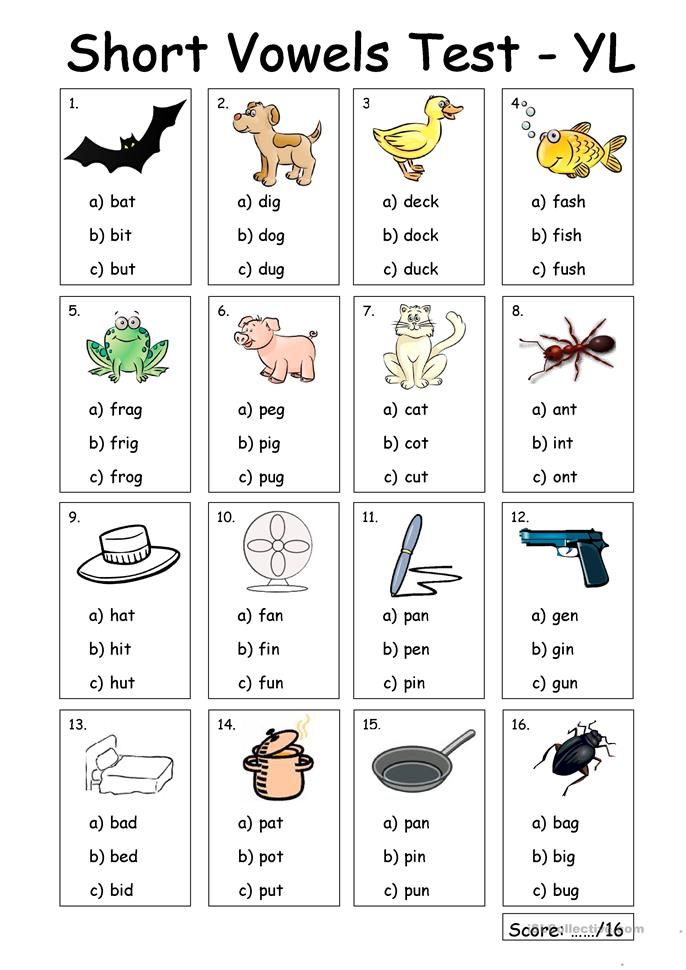 We do not need to pay attention to Western fashions, to the destruction of poetry. Classical Russian poetic meters - iambic, trochee - have not exhausted even a thousandth of their capabilities. Are Pasternak's iambs similar to Pushkin's iambs? Aren't Mandelstam's iambs discoveries? Is Akhmatova repeating anyone? (except Mikhail Kuzmin).
We do not need to pay attention to Western fashions, to the destruction of poetry. Classical Russian poetic meters - iambic, trochee - have not exhausted even a thousandth of their capabilities. Are Pasternak's iambs similar to Pushkin's iambs? Aren't Mandelstam's iambs discoveries? Is Akhmatova repeating anyone? (except Mikhail Kuzmin).
There is no need to go back to assonance - this is a stage passed a long time ago.
The creative process consists more in discarding the unnecessary, insufficiently true, unreliable, not bright enough, than in searching. To create each stanza, the world instantly, or almost instantly, substitutes for the poet tens, hundreds of pictures of the past, present, future, and from this great multitude, brought into the creation of the poet by rhyme, some of the observations, knowledge, illustrations are discarded or recorded ... freely trusting the rhyme, sound repetition, the poet, not yet fixed on paper, meets with dozens of directions.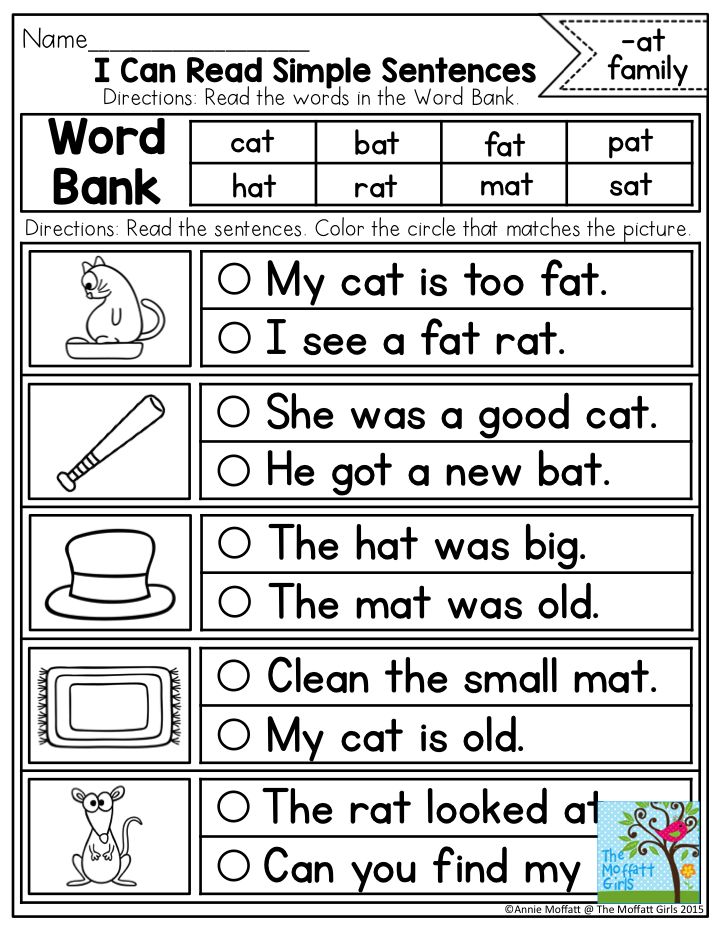 Somewhere deep in the mind, a mood of a certain strength and tone is hidden, some main idea is hidden, a theme that seeks its expression in yet unwritten verses. Sometimes this sound work prompts new thoughts, leads away from the supposedly conceived. Sometimes novelty is limited only to trifles, touches, but it also happens that a poem is a discovery, a find, born without a preliminary plan.
Somewhere deep in the mind, a mood of a certain strength and tone is hidden, some main idea is hidden, a theme that seeks its expression in yet unwritten verses. Sometimes this sound work prompts new thoughts, leads away from the supposedly conceived. Sometimes novelty is limited only to trifles, touches, but it also happens that a poem is a discovery, a find, born without a preliminary plan.
The stanzas not yet written down come under the control of thought. Thought vigorously selects the best, most expressive, and here a variant of the poem is written down. Thought can hardly keep up with the flow, driven by rhyme, alliteration, associations of every possible kind.
Work begins on the first version, finishing it is no less stressful work than the first part of the creative process. Here the main idea for which the poem was written comes to the fore. In accordance with this main idea, the poem is rebuilt, the order of stanzas is determined, rhymes and metaphors are honed or replaced.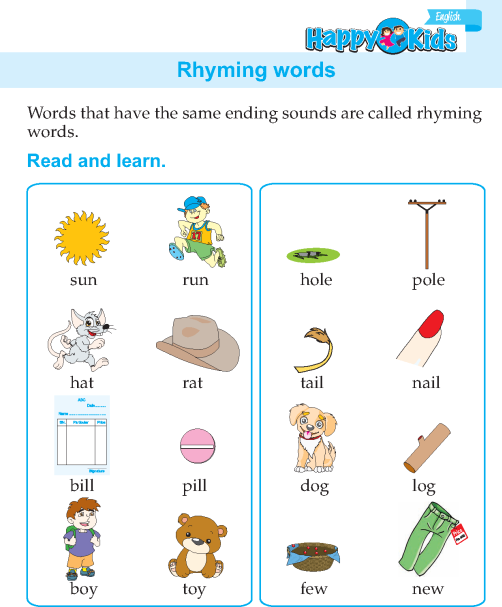 The poem is brought into full compliance with the rules of the Russian language.
The poem is brought into full compliance with the rules of the Russian language.
Work on a poem can take an indefinitely long time. From time to time you can return to it, all the time clarifying, wanting to improve the text. There are no perfect poems. Any poem is just the best version of what is intended, what the poet wanted to say.
Mikhail Kuzmin remarked that "the first line of a poem is its last line", the ending for which the poem was written. There is a lot of truth in this. Such are the majority of Tyutchev's poems, Tsvetaeva's poems, Kuzmin's own poems, some of Mayakovsky's poems.
There is another observation related to Kuzmin's remark. It is almost always possible to guess (in a short poem, lines 16-20) from Pushkin, from Lermontov, from Blok - from any major poet (the less talent, the easier it is to do what is being said) - which quatrain was written first, which one appeared on paper before others.
There is another circumstance that is important in the process of creating a poem.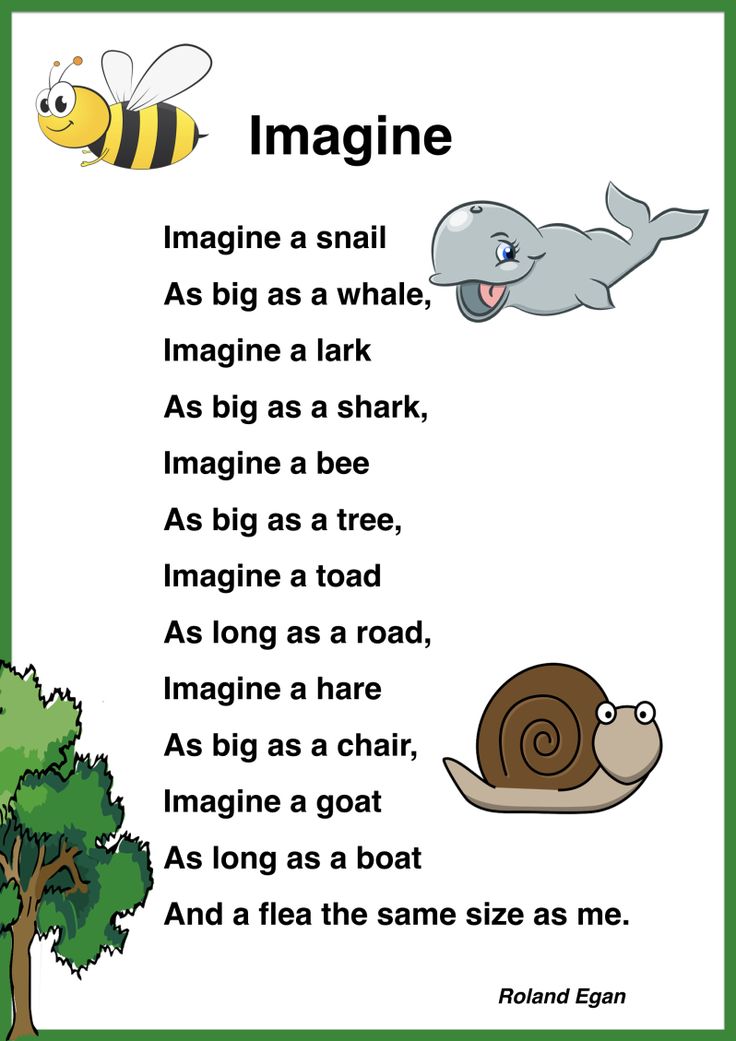 Every literate person carries in his memory a large number of all sorts of poems that are stored somewhere deep in the brain and remind of themselves in rhythm, passages, lines, moods.
Every literate person carries in his memory a large number of all sorts of poems that are stored somewhere deep in the brain and remind of themselves in rhythm, passages, lines, moods.
Human feeling seeks expression and finds it in the poet's verses that remain in his memory; there is, as it were, a discharge of mood, feelings into other people's verses. These other people's poems are remembered or re-read, repeated many times and give vent to the mood. And when no "suitable" verses are remembered, when the feeling does not find a way out in familiar texts, not finding correspondence, reassurance in them - then one's own verses are written. And in this case, a magnetic search tool - rhyme moves the layers of events, impressions.
And one more thing: in each poem of each poet there is some kind of novelty, a find. The poem was not written because of this novelty, but without it it would have lost its meaning. In each, even a small poem, some technical task is also posed, no matter how naive it may be.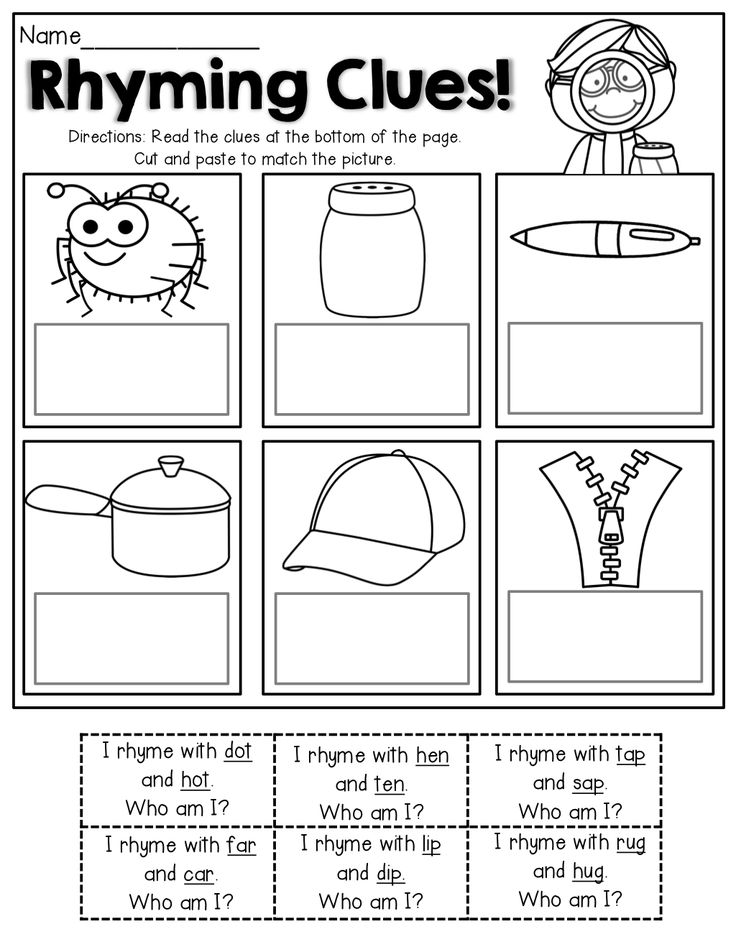 Derzhavin wrote a number of poems without the letter "p". There is always a desire to introduce into poetry a word that has never been in poetry, to put some big word in a line, which even in ordinary speech seems clumsy, angular, but enters the poem unexpectedly freely. For example, "obstetrician". I would like to see in my own stanza "a dance of strange names, which is gratifying for the heart", to write myself - "The Choctos and Comanche Blackfoot and Peru, Delaware and Mogeki" [3].
Derzhavin wrote a number of poems without the letter "p". There is always a desire to introduce into poetry a word that has never been in poetry, to put some big word in a line, which even in ordinary speech seems clumsy, angular, but enters the poem unexpectedly freely. For example, "obstetrician". I would like to see in my own stanza "a dance of strange names, which is gratifying for the heart", to write myself - "The Choctos and Comanche Blackfoot and Peru, Delaware and Mogeki" [3].
And this “playful” side of the matter is also involved in the creation of a line of poetry.
But there is no time for jokes when the poet feels that something important, very important, extremely important has been found, that it is not worth continuing further search, that even though the rhyme would need to be improved, any further work on it will worsen the main idea, the main tone , the main feeling that dictated the poem.
And Blok leaves in the stanza, and, it would seem, mediocre, dubious rhymes -
Born in deaf years
The paths do not remember their own.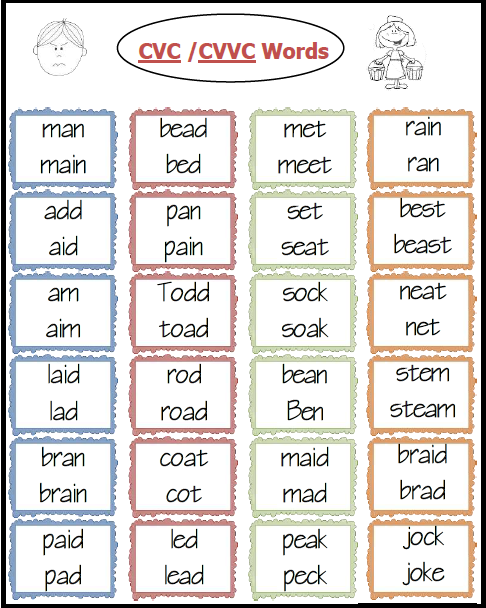
We, the children, of the terrible years of Russia,
Nothing can be forgotten.
No reader, no listener, notices the rhyme here. Such is the expressiveness, the power of the poem.
Here, the expressiveness of the verse is achieved by rhyme, but not in its mnemonic quality and not by the euphony of "local words". The rhyme, having served its purpose, played its role as a search tool and was pushed aside.
Blok, and not only Blok, has many such examples. Surprisingly, it turns out that Blok, in his strongest stanzas, did not sufficiently polish the "local lore" proper.
Russia, poor Russia,
I need your gray huts,
Your wind songs for me -
Like the first tears of love.
I will give one more extract - from the letter of A.K. Tolstoy[4], dated 1871.
From a letter (Dresden)
...let's talk about art...
... I sometimes write bad rhymes, but not bad poetry.
I write bad rhymes deliberately in those poems where I consider myself entitled to be sloppy, but only in relation to rhyme. I never consider myself entitled to write a bad verse...
You see, about rhyme, I will make you a comparison, instead of a dissertation. There is a painting that requires the steady precision of lines - this is in historical paintings. Umbrian, Florentine, even Venetian. There is another kind of painting, where colors are the main thing, but lines are not on ceremony. These are Rubens, Rembrandt, Ruisdael and other Flemings or Dutch. And now, horribile olictu (it's terrible to say), these last paintings would be lost if the line in them were inexorably correct. So, if I paint a picture of large dimensions and with a claim to seriousness, I agree with you that I should be strict about rhyme: but if I write a ballad or other poem in which the impression, i.e., color, paint, - the main thing is that I can casually treat the rhyme, but, of course, do not overdo it and do not rhyme WEDDING with LOCUST .
..
if you want, take an example in poetry. Take Goethe in the Gretchen scene in front of the icon:
is there anything worse than rhymes in this magnificent prayer? This is the only thing in the sense of naivete and truth! But try to correct the texture, give it more regularity, more grace, and everything will be spoiled. Do you think that Goethe could not have written better poetry? - He DID NOT WANT, and then he proved his amazing poetic flair. There are some things that need to be carved; there are others who have the right and even the duty NOT to be trimmed for fear of appearing cold. In the German and English languages, the irregularity of rhyme is allowed, as well as verse; in Russian, only incorrect rhyme is allowed. This is his only opportunity in poetry to appear in a negligee.
In conclusion, I would like to say that I am thinking of acting in the spirit of the Russian language, remaining unshakable with respect to verse and ALLOWING ONE SOMETIMES some free attitude to rhyme.
It's a matter of intuition and tact."
Observations by A.K. Tolstoy are true and not a bit outdated to this day.
Blok, just like Goethe, DID NOT WANT that an excessively sonorous rhyme that attracts attention would interfere with the main thing - what had already entered the verses ...
Pushkin's rhyme is a complete rhyme. But this is an "eye" rhyme. It is not meant to be read aloud. This was shown by Kruchenykh in the twenties in the well-known work "500 new witticisms and puns of Pushkin." But 50 years before Kruchenykh, Alexei Konstantinovich Tolstoy pointed out the need to organize rhyme associated with the sound of a word.
These remarks remain in full force to this day. The beginning of the twentieth century in Russian poetry paid much attention to the issues of rhyme. The euphony, melodiousness, musicality of a poetic line, achieved by full rhyme, find the most vivid expression in Balmont's poems.
I love forest herbs
Fragrant.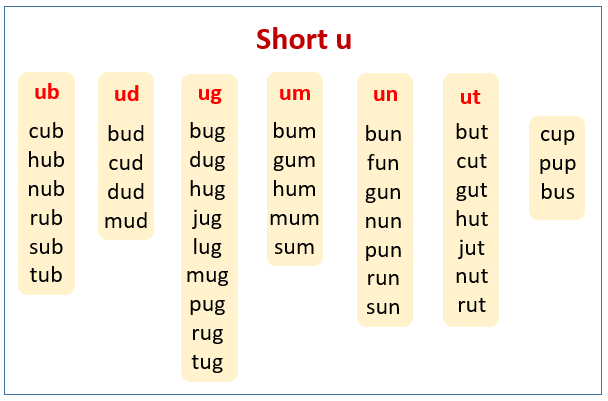
Kissing and fun
Non-refundable.
Balmont, despite his talent, still did not have sufficient poetic taste.
Evening. Seaside. Sighs of the wind.
The majestic cry of the waves.
A storm is close, beats on the shore
Uncharmed black boat.
This is, of course, artificial, foreign to poetry.
Be that as it may, Balmont was the main exponent of rhyme - melodiousness, harmonious stanza.
In the fight against Balmontov's rhyme, Mayakovsky's rhyme arose - a typical example of the assertion of the mnemonic role of rhyme.
Speaking our way -
rhyme - barrel,
Barrel with dynamite.
Line - wick,
The string will smoke,
Stitch Explodes,
And city
For air
The stanza flies.
Where can you find -
At what tariff
Rhymes,
To kill, aiming?
Maybe
Heel
Big Rhymes
Only remained,
What's in Venezuela[5].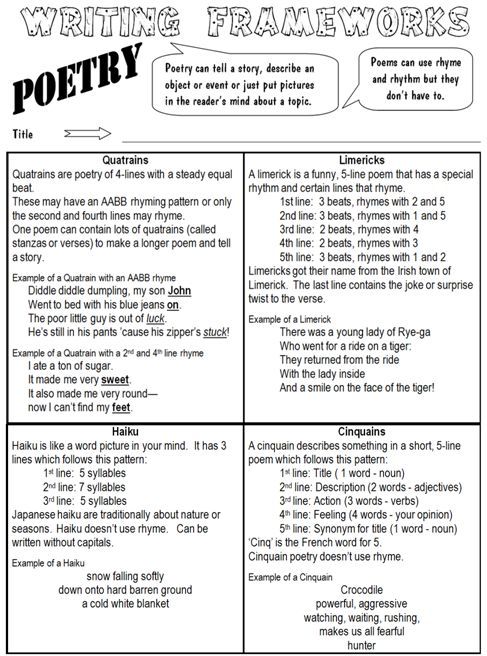
Both Mayakovsky's book "How to Make Poems" and Aseev's article "Our Rhyme" treated the question of rhyme as novelty, unusualness in the same way - finding this unusualness in compound rhyme or in exercises like "electric", "draw".
Young Lefites even engaged in rhyme blanks and supplied their older comrades with them.
The preparation of rhymes, about which Mayakovsky was so baked, pursued the goal of striking the reader's ear, getting into the reader's memory with the help of an extraordinary phrase, unprecedented rhymes.
Speaking your way,
Rhyme - bill,
Learn through the line! - here is the order,
And looking for
Little suffixes and inflections
In an empty box office
Declensions and conjugations.
“Be sure to try to rhyme an important, basic word,” wrote Mayakovsky.
It is in the mnemonic qualities of rhyme that Mayakovsky sees the main thing. Hence the demand for novelty, extraordinaryness, hence the work on the compound rhyme.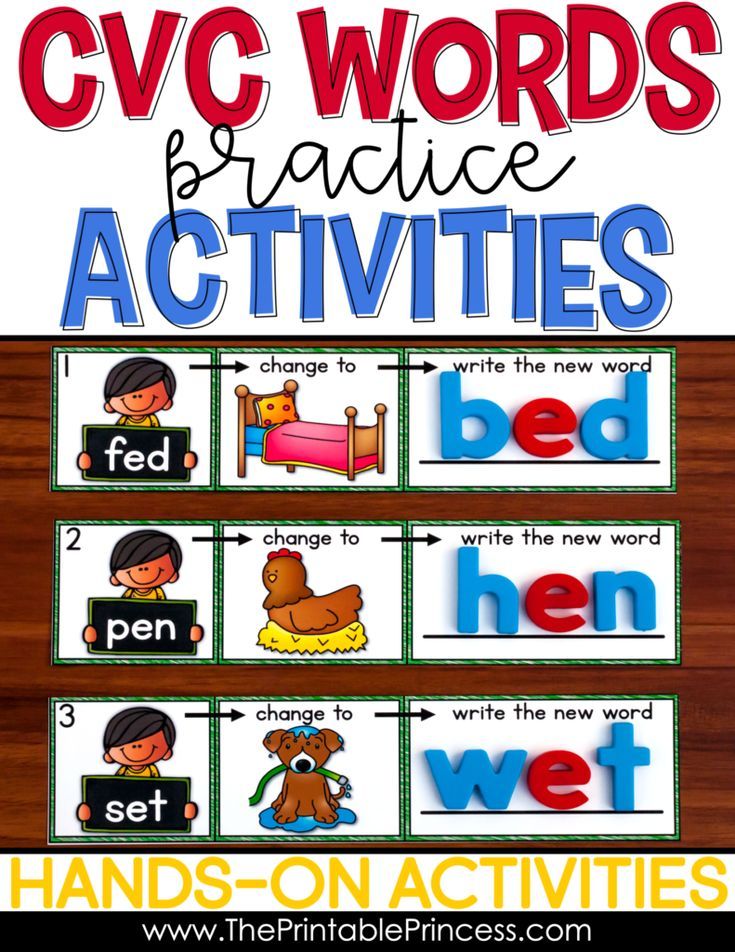
Rhyme is given great attention, although it does not participate in the creation of a poem, but is used from "blanks".
There is a struggle between the melodious beginning and the mnemonic beginning of the rhyme. Full rhyme, melodiousness wins. Mayakovsky is replaced not by Selvinsky, but by Tvardovsky.
In the tenth and twenties, they broke the line and rhyme in all available ways - from “phrasers” to “nichevoks”, from imagists to original phrase-mongers. Sapgir's poems are strangely reminiscent of the entertainments of Aleksey Nikolaevich Chicherin, the leader of the Nichevoks.
Alexander Blok had a completely different understanding of rhyme than that of Balmont and Mayakovsky. Here is a perfection of a different kind than the pursuit of melodiousness or the desire to achieve rhyme so that the verses are remembered. Here comes the third principle of rhyme, its third meaning. Rhyme serves Blok only as a search tool. After the best, most expressive option is found, the semantic line is taken under control and Blok is sure that the semantic side of the matter is expressed here in the best way - he stops searching not for rhyme, but for that content, that world that rhyme attracted to his poem.
Found the significance, expressiveness of a stanza or a poem as a whole (with the help of rhyme), more than the best rhyme “found in Venezuela” is worth.
Rhyme has fulfilled its purpose, its service, and stepped aside, this is not rhyme for the sake of rhyme, but only a search magnet of the poetic world.
Such is the third meaning of rhyme, about which literary scholars write little, and which nevertheless retains all its objective force.
One can also refer to Byron, who called rhyme a steamboat that takes the poet against his will in the other direction.
Keys:
Into your furious mind, into your multi-stringed language
I penetrated like a bee-rhyme like a beehive[6].
Shalamov V.T. Collected Works: In 6 vol. + vol. 7, add. T. 5.: Poems. / Comp., prepared. text, eg. I.P. Sirotinsky. Moscow: Knigovek Klub Klugovek, 2013, pp. 38-47.
Name index: Aseev, Nikolai Nikolaevich, byron, Balmont, Konstantin Dmitrievich, Baratynsky, Evgeny Abramovich, Block, Alexander Alexandrovich Bunin, Ivan Alekseevich, Yesenin S.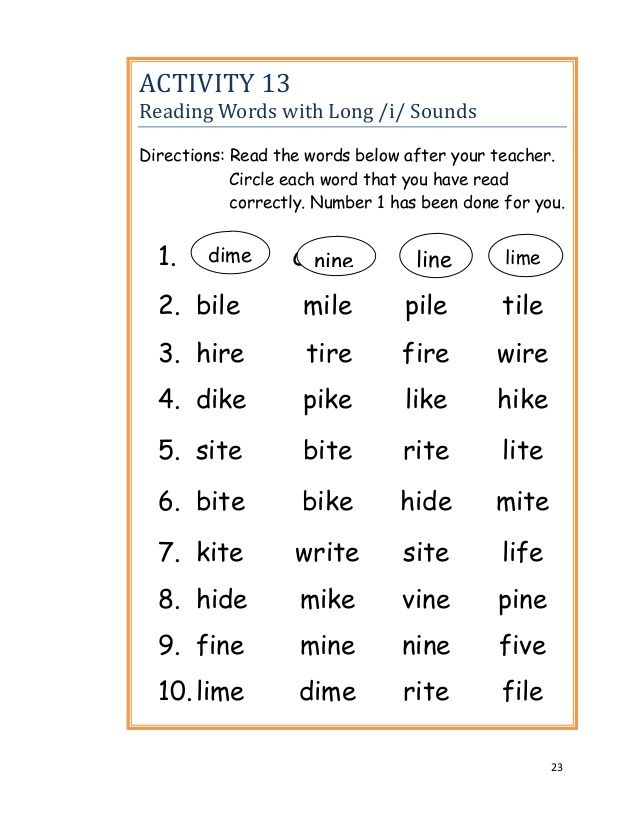 A., Klyuev, Nikolai Alekseevich, Lunacharsky, Anatoly Vasilievich, Mandelstam O.E., Marshak S.Ya., Mayakovsky V.V., Nekrasov N.A., Otfried of Weissenburg, Pasternak B.L., Peter I Pushkin A.S., Sapgir G.V., Severyanin I., Tvardovsky, Alexander Trifonovich, Tolstoy A.K., Tyutchev F.I., Tsvetaeva Marina Ivanovna Chicherin A.N. , Shklovsky V.B.
A., Klyuev, Nikolai Alekseevich, Lunacharsky, Anatoly Vasilievich, Mandelstam O.E., Marshak S.Ya., Mayakovsky V.V., Nekrasov N.A., Otfried of Weissenburg, Pasternak B.L., Peter I Pushkin A.S., Sapgir G.V., Severyanin I., Tvardovsky, Alexander Trifonovich, Tolstoy A.K., Tyutchev F.I., Tsvetaeva Marina Ivanovna Chicherin A.N. , Shklovsky V.B.
Back | Content | Forward
- 1. Severyanin I. “Prologue of Egofuturism”.
- 2. Otfried of Weissenburg - German poet of the 9th century, author of the "Gospel Harmony".
- 3. Longfellow Henry Walsworth (1807–1882), The Song of Hiawatha, translated by I. Bunin.
- 4. Tolstoy Alexey Konstantinovich.
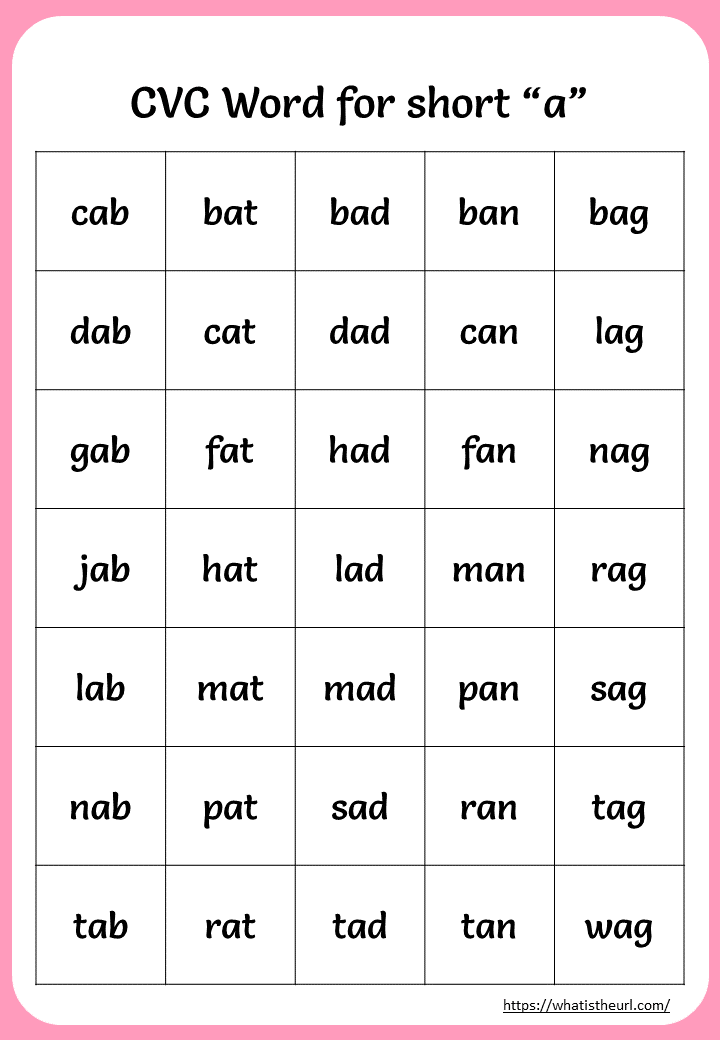
Learn more





